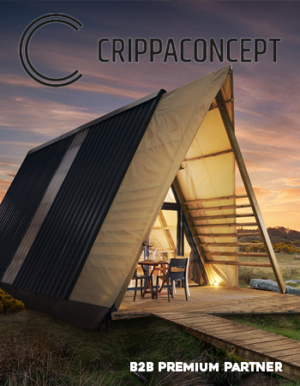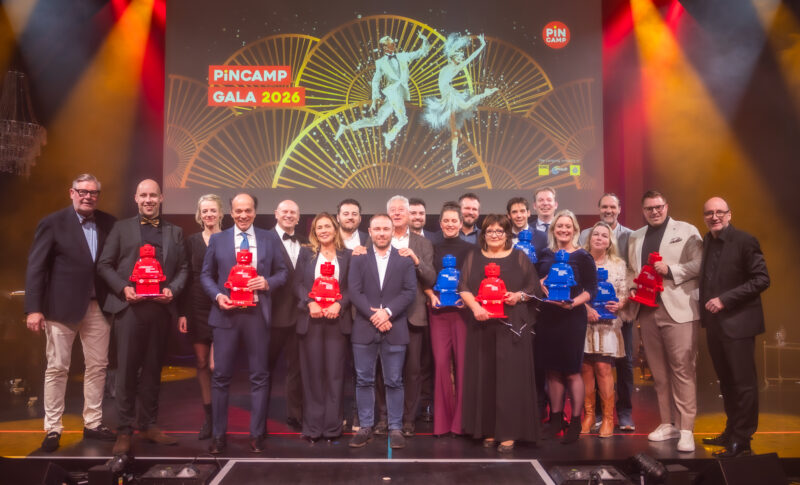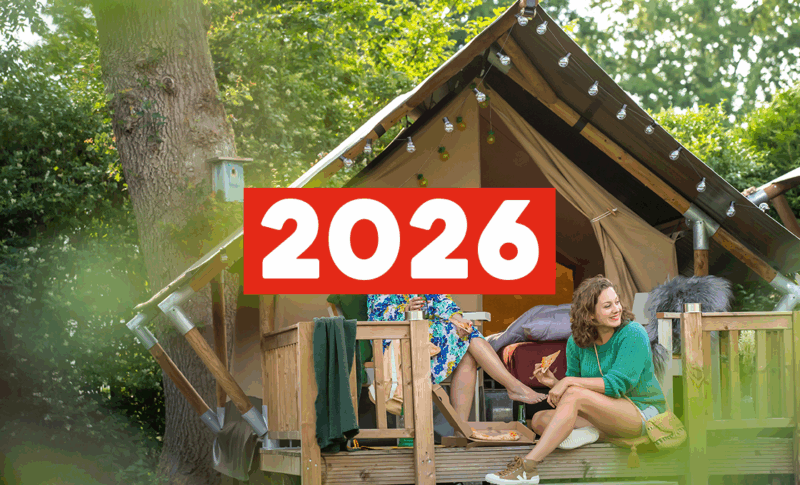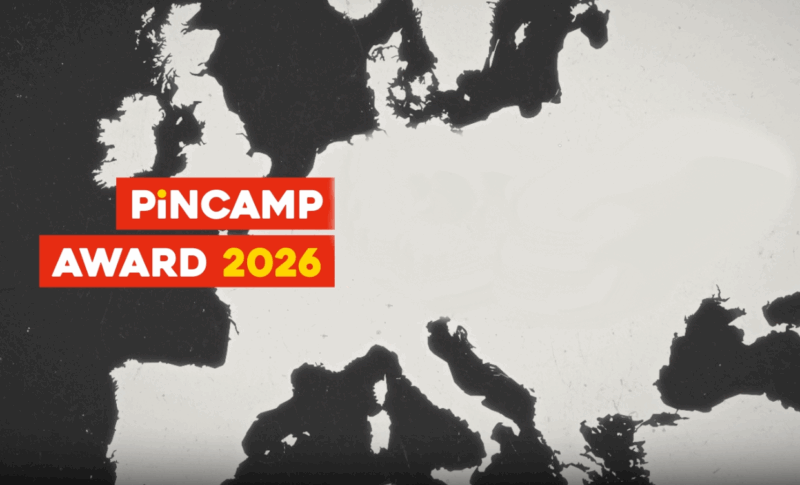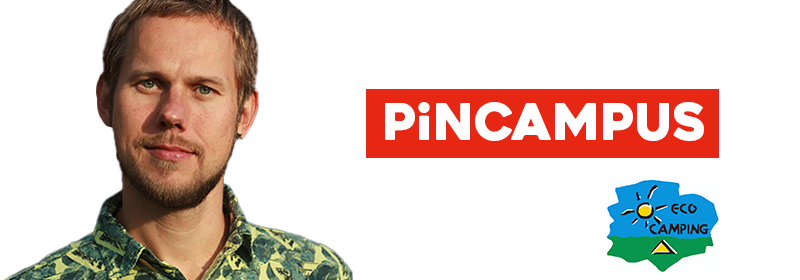
+++ This text is a machine translation +++
Summary of the PiNCAMPUS webinar ‘All about water’ held in English by Martin Rolletschek, Ecocamping consultant and engineer for environmental technology and renewable energies on 24 May 2024.
Climate change is progressing rapidly. Europe is particularly affected. The continent is suffering from around twice as much warming as other parts of the world. According to Martin Rolletschek, this was reported by the European Environment Agency in its May 2024 report.
The future is unpredictable. But further intensification of climate change is likely. For example, the oceans are already so warm that, unlike in the past, they are barely able to buffer global warming.
The consequences of climate change are already dramatic:
- More storms, heavy rainfall and flooding
- Increasing heatwaves, extreme droughts and water shortages
- Serious health risks (e.g. flood victims, heat-related deaths)
- Severely damaged or collapsing ecosystems, loss of biodiversity
- Dramatic changes to landscapes, flora and fauna
- Increasing risks to the food supply
- Cost increases or other damage for consumers and industry (e.g. water shortage: power plants lack cooling water, inland waterway transport on rivers restricted)
- Economic or political upheaval, poverty and migration
- Changing legal framework conditions (e.g. national water strategy in Germany)
- Concrete effects on tourism and the camping industry: crises or extreme weather deter guests, once attractive natural landscapes become deserted
Prepare for the effects of climate change in good time
Campsites should analyse the risks for their site now. This will enable them to develop strategies and introduce suitable measures in good time. The concrete adaptation to the consequences of climate change and measures to slow down climate change are equally important. Campsite operators must also take care to protect guests and employees. Entrepreneurs should ensure that their campsite remains attractive, functional and economical in the long term – and becomes climate-resilient.
Water management plays a decisive role in this
Sustainably and economically managed campsites can play a pioneering role in water management: At around 60 litres, the average fresh water consumption per overnight stay at a campsite is significantly lower than that of hotels and other tourist facilities. Guests also consume more at home than when camping (in Germany, for example, 120 litres per day/night).
In principle, campsites have to be prepared for ‘too much water’ (heavy rain, flooding) or ‘too little water’ (drought, heatwaves). The ‘sponge landscape’ concept is also recommended for campsites. It envisages a conversion or reorganisation of modern landscaping that promotes rapid water runoff – towards cities, landscapes and campsites that can absorb and store masses of water.
Saving water and the circular economy also play a decisive role in water management, particularly as an effective method of combating drought: used water should be consistently recycled or purified so that it remains in circulation. Those who save water and use it in a cycle can also become more economical. This is all the more important because cleaning wastewater is becoming increasingly expensive in view of rising water pollution.
It is also important to professionally record and monitor data, for example on fresh water consumption, waste water or weather data.
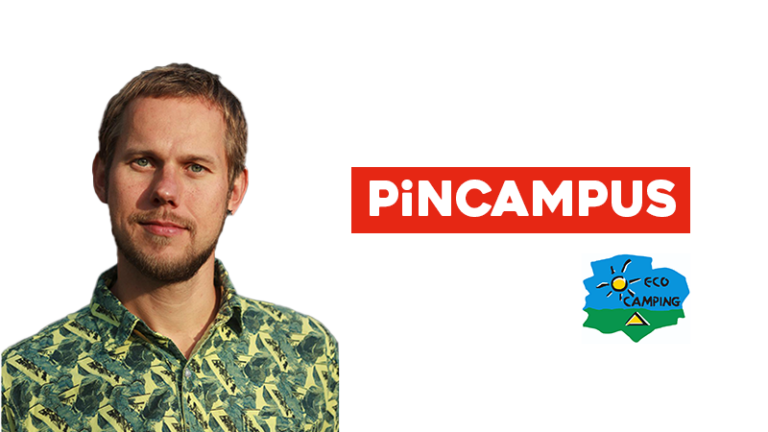
Webinar on demand
Watch the entire presentation by Martin Rolletschek from our PiNCAMPUS on demand and don’t miss a single detail.
Heavy rain and flooding – what to do to prevent it
- Carry out a risk analysis for your location and region
- Use weather forecasts and warning apps
- Develop and practise emergency and evacuation plans
- Check and adjust insurance cover
- Develop protection against flooding as naturally as possible
- Analyse paths, slopes, pitches (where does the water collect, how does it flow in extreme cases)
- Design the campsite so that it can absorb more water naturally (less sealing, water-absorbing soils and plants, terraces instead of steep slopes, green roofs and more)
- Design sanitary areas and other buildings to be flood-proof, ensure safe locations and suitable equipment (e.g. higher electrical cables)
- Check dykes, dams, ditches, bodies of water and slopes on the site
- Maintain or activate networks: Politics, supply and disposal companies, disaster control, neighbouring businesses that could help if disaster control officers are overloaded in the event of a crisis
- Raise awareness among guests and employees, communicate and practise behaviour in the event of a crisis
- Offer services for guests in bad weather, for example indoor areas
Heatwaves and extreme drought – what helps against them
- Inform guests: Offer behavioural tips and cooling, protect particularly vulnerable groups such as older guests and families with children
- Option: provide the precious resource of fresh water to guests for a fee, similar to electricity (according to Rolletschek, acceptance of ‘water billing’ is slowly increasing)
- Practise emergency scenarios and communicate emergency calls (first aid, rescue services)
- Control and improve the microclimate: Provide drinking water, cool, preferably humid places – including fountains or painting the asphalt so that it absorbs less heat from the sun’s rays
- Shade playgrounds, parking spaces, car parks, pools or ponds – with trees, sun canopies, photovoltaic areas and more, create indoor facilities
- Select plants that are more resistant to drought and heat (but still fit into the local ecosystem and do not displace other plants). Example: Camping Jesolo International has saved €20,000 worth of water per year by switching to plants that require less water
- If irrigation is necessary, only use it selectively and efficiently
- If possible, sow trees or plant them as small seedlings – this allows them to develop the roots they need to survive in dry conditions. Over the years, the tree population should be diverse and of different ages. Many trees provide shade, store water and CO2, produce oxygen and increase the quality of life on the campsite
- Save water: Choose plants that require less water, install water-saving devices in the sanitary facilities, motivate guests to save water. When saving water, remember that pipes also need to be flushed sufficiently!
- Eliminate water leaks: In Germany, 25% to 35% of water is lost through leaks in the pipe network, in some other countries even more. Therefore, check your own pipe network, especially before the winter break, and also talk to your local supplier about it
- Collect and store water: for example in ponds, cisterns and rainwater barrels. Also involve (permanent) guests and their accommodation – pay attention to hygiene, avoid mosquito infestation
- Professional separation of grey, black and yellow water, professional treatment or economic and ecological use of treated wastewater, for example for agricultural cultivation
- Excursus: Is seawater desalination a solution to water shortages? Probably not. Many water experts say that saving or purifying freshwater is easier than desalination despite increasing wastewater pollution
Resilience to the consequences of climate change – slowing down global warming
Campsites can actively contribute to slowing down climate change and mitigating its effects – through sustainable site management, expansion of renewable energies, energy saving and e-mobility, raising awareness among guests and teams, healthy, species-rich flora and fauna on the site and more.
Ecocamping helps campsites to become even more sustainable with its comprehensive analysis and consulting approach. With the ClimaCamps award, Ecocamping supports campsites individually in becoming more climate-resilient and counteracting climate change.
_____
Your contact to ECOCAMPING / Martin Rolletschek:
ECOCAMPING Service GmbH
Turmstr. 7a
78462 Konstanz
Web: ecocamping.de
Email: kontakt@ecocamping.de
Phone: +49 (0)7531-28257-0
MARTIN ROLLETSCHEK
Consultant Renewable Energies & Technology
Email: martin.rolletschek@ecocamping.de
Phone: +49 75312825713
